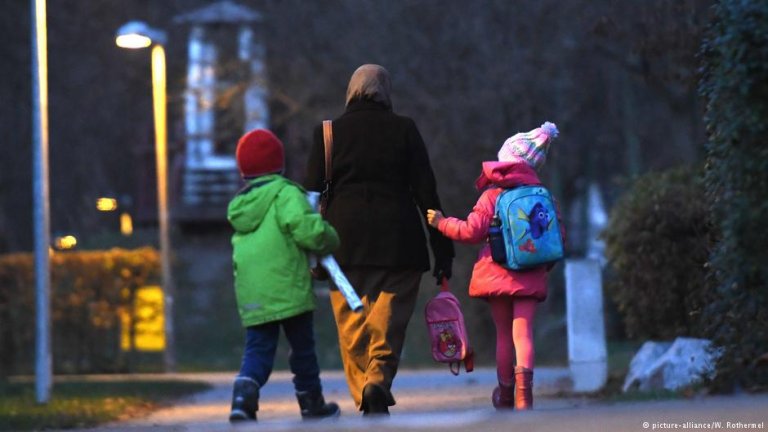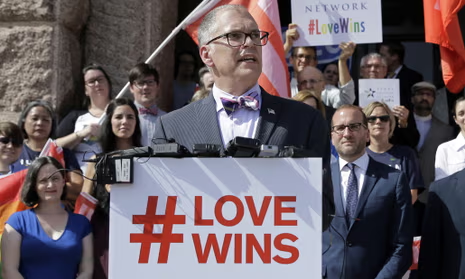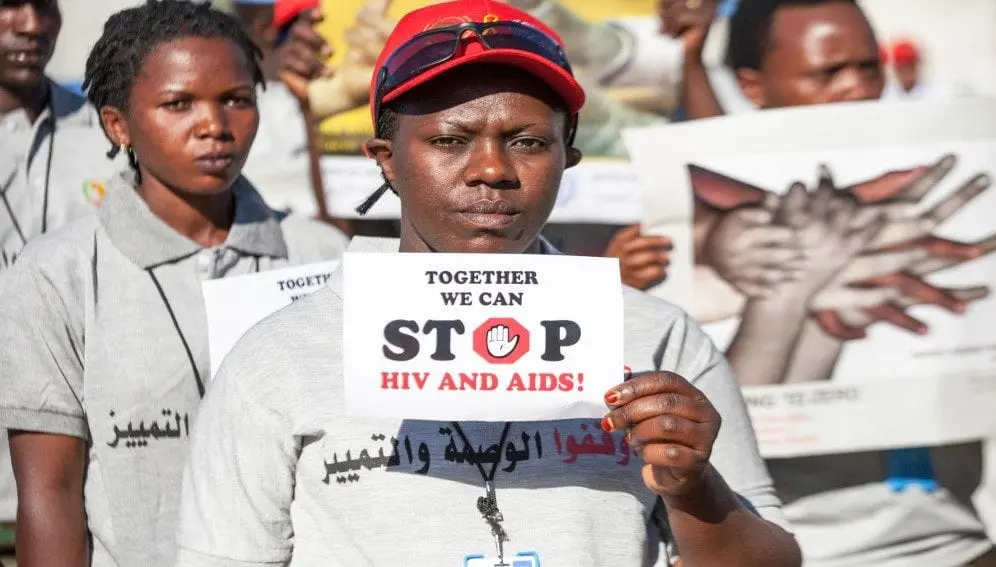In May 2025, the German government, led by a coalition of the Christian Democrats (CDU), Christian Social Union (CSU), and Social Democrats (SPD), announced a controversial decision to suspend family reunification for refugees granted subsidiary protection status. This policy shift, set to last at least two years, has sparked intense debate, particularly as it disproportionately affects Syrian families fleeing conflict. To understand the implications, this article expands on the original report, exploring the policy's background, its human toll, legal complexities, societal impacts, and underlying political motivations. Through research, personal stories, and expert insights, we uncover the hidden truths behind this decision and its far-reaching consequences.
Background: Subsidiary Protection and Family Reunification in Germany
What is Subsidiary Protection?
Subsidiary protection is a legal status granted to individuals who do not qualify as refugees under the 1951 Geneva Convention but face significant risks in their home countries, such as torture, the death penalty, or indiscriminate violence due to armed conflict. In Germany, this status is critical for many fleeing war-torn regions like Syria. As of 2025, approximately 351,400 individuals hold subsidiary protection status in Germany, with Syrians forming the majority. These individuals receive a residence permit, typically valid for one year, along with rights to work and access social benefits. However, unlike recognized refugees, they lack an automatic right to family reunification.
The Evolution of Family Reunification Policy
Family reunification has been a contentious issue in German immigration policy. In 2015, during the height of the European refugee crisis, Chancellor Angela Merkel’s government temporarily granted family reunification rights to those with subsidiary protection. This policy was reversed in 2016 amid political pressure, reflecting Germany’s struggle to balance humanitarian obligations with domestic concerns about integration. Since 2018, a quota system has allowed up to 1,000 visas per month for family members of those with subsidiary protection, but bureaucratic hurdles and limited visa availability have created significant backlogs.
In 2024, Germany issued around 120,000 family reunification visas, of which 12,000 (10%) were for relatives of subsidiary protection beneficiaries. The new coalition’s decision to suspend this process entirely marks a significant shift, driven by claims that Germany’s integration capacity has reached its limit.
The Human Cost: Stories of Separation and Struggle
Mohammed’s Story: A Father’s Plight
Mohammed, a Syrian refugee who fled to Germany in 2014 with his disabled son, embodies the human toll of this policy. After escaping the Syrian civil war, Mohammed’s family faced dire conditions in Iraqi Kurdistan, prompting his wife and three children to return to Syria. Tragically, one of his sons died after returning, compounding the family’s grief. Mohammed and his 9-year-old son, who suffers from cerebral atrophy, undertook a perilous journey across the Mediterranean, hoping for medical treatment and eventual family reunification in Germany.
Two and a half years later, Mohammed remains separated from his wife and daughters, living in precarious conditions. Initially housed in shared refugee accommodations, he now resides in a dilapidated house offered by a friend, struggling to survive on social welfare. As the sole caregiver for his son, who requires frequent hospital visits, Mohammed cannot work or learn German, hindering his integration. The suspension of family reunification dashes his hopes, leaving him in limbo.
“There should be help from the state for my family to come here, this is an exceptional humanitarian situation,” Mohammed said. “I mean, how am I supposed to endure this any longer?”
Psychological and Social Impacts
The separation of families like Mohammed’s exacts a profound psychological toll. Research by Pro Asyl, a German human rights NGO, highlights how prolonged separation increases risks of depression, anxiety, and post-traumatic stress disorder among refugees. These mental health challenges not only affect individuals but also impede integration, as emotional distress hinders language acquisition, employment, and community engagement.
Moreover, family separation can drive irregular migration. Without legal pathways, some refugees resort to dangerous routes, often facilitated by smugglers, to reunite with loved ones. A 2023 study by the European Migration Network found that restrictive family reunification policies correlate with increased irregular border crossings, undermining efforts to manage migration effectively.
Legal Framework: Rights, Restrictions, and Challenges
International and German Law
Family reunification is enshrined in several legal frameworks. Article 6 of Germany’s Basic Law protects family life, while the European Convention on Human Rights (ECHR) guarantees the right to respect for family life under Article 8. The EU Family Reunification Directive (2003) mandates reunification rights for refugees’ spouses and minor children but does not explicitly cover subsidiary protection beneficiaries, as the status was formalized later under the EU Qualification Directive (2011).
Legal expert Thomas Gross from the University of Osnabrück notes a critical restriction: German and European courts have ruled that if family life is feasible in another country, such as the country of origin, there is no automatic right to reunification in Germany. This interpretation complicates cases like Mohammed’s, where returning to Syria is unsafe due to ongoing conflict.
Constitutional Challenges Ahead
Germany’s Left Party has vowed to challenge the suspension in the Federal Constitutional Court, arguing it violates constitutional protections. Gross predicts a lengthy legal battle, potentially lasting years, as the court assesses whether the policy aligns with Germany’s Basic Law and international obligations. Meanwhile, families remain separated, caught in a slow-moving bureaucratic and legal system.
A 2024 study by the German Institute for Human Rights found that visa processing for family reunification takes six months to over two years, often requiring DNA tests or travel to distant embassies. For Syrians, accessing German embassies in neighboring countries like Turkey or Lebanon is fraught with logistical and financial barriers, exacerbating delays.
Political Context: Integration Limits and Public Sentiment
Interior Minister’s Rationale
Interior Minister Alexander Dobrindt defended the suspension, citing public demand for stricter immigration policies. In a Bundestag speech, he claimed Germany’s integration capacity had reached a “breaking point,” with municipalities overwhelmed by housing and service demands. This rhetoric reflects broader political shifts, as the coalition faces pressure from far-right parties like the Alternative for Germany (AfD), which has capitalized on anti-immigration sentiment.
“The country’s ability to integrate had simply reached a breaking point,” Dobrindt told the Bundestag.
Integration Challenges: Fact or Fiction?
The claim that Germany’s integration system is overstretched warrants scrutiny. A 2024 report by the Federal Employment Agency found that 55% of refugees who arrived between 2015 and 2020 were employed or in training, though many faced barriers like language proficiency and credential recognition. Syrians, in particular, showed high labor market participation, with 60% employed in sectors like construction and healthcare.
However, housing shortages and overburdened social services in urban areas like Berlin and Munich lend credence to Dobrindt’s concerns. A 2025 study by the German Institute for Urban Affairs noted that municipalities struggle to provide affordable housing for both refugees and native-born residents, fueling public frustration. Yet, critics argue that suspending family reunification does little to address these structural issues and instead punishes vulnerable families.
Hidden Truths: Political Motivations and Societal Impacts
Political Calculations
The suspension aligns with the coalition’s broader strategy to counter the AfD’s electoral gains. By adopting stricter immigration policies, the CDU/CSU and SPD aim to reclaim voters who perceive migration as a strain on resources. This approach mirrors trends across Europe, where governments in Denmark, Austria, and Hungary have tightened family reunification rules to appease populist sentiments.
However, this strategy risks alienating progressive voters and humanitarian organizations. Pro Asyl and Amnesty International have condemned the suspension as a violation of Germany’s moral and legal obligations, accusing the government of prioritizing politics over human rights.
Societal Consequences
Beyond politics, the policy may deepen social divides. Refugees separated from families are less likely to integrate, as emotional and practical support from relatives facilitates language learning and job searches. A 2023 study by the Max Planck Institute for Social Anthropology found that family reunification significantly boosts refugees’ social cohesion, reducing isolation and fostering community ties.
Conversely, prolonged separation can fuel resentment and alienation, potentially increasing social tensions. In communities where refugees feel marginalized, stereotypes about their inability to integrate may intensify, feeding far-right narratives. Thus, the suspension could inadvertently exacerbate the very integration challenges it seeks to address.
Research Insights: Long-Term Implications
Economic Considerations
Germany’s aging population and labor shortages underscore the economic importance of refugee integration. A 2024 OECD report projected that immigrants, including refugees, could fill critical gaps in sectors like healthcare and technology. However, policies that hinder integration, such as family separation, may reduce refugees’ economic contributions. For instance, Mohammed’s inability to work due to caregiving responsibilities illustrates how family separation creates economic inefficiencies.
Demographic and Cultural Impacts
Family reunification also shapes Germany’s demographic future. By allowing families to settle together, Germany can foster stable, multi-generational communities that contribute to cultural diversity. Restrictive policies, however, may deter refugees from establishing long-term roots, potentially reducing Germany’s appeal as a destination for skilled migrants.
Conclusion: A Policy at a Crossroads
Germany’s decision to suspend family reunification for subsidiary protection beneficiaries reflects a complex interplay of legal, political, and humanitarian factors. While the government cites integration limits, the policy’s human cost—exemplified by Mohammed’s story—raises questions about its moral and practical implications. Legal challenges, psychological impacts, and societal consequences underscore the need for a balanced approach that upholds Germany’s humanitarian commitments while addressing integration challenges.
As the Constitutional Court prepares to weigh in, the fate of thousands of families hangs in the balance. For Mohammed and others, the hope of reunification remains a distant dream, overshadowed by bureaucratic delays and political calculations. Germany stands at a crossroads, tasked with reconciling its role as a humanitarian leader with domestic pressures—a decision that will shape its social fabric for years to come.



























0 Comments